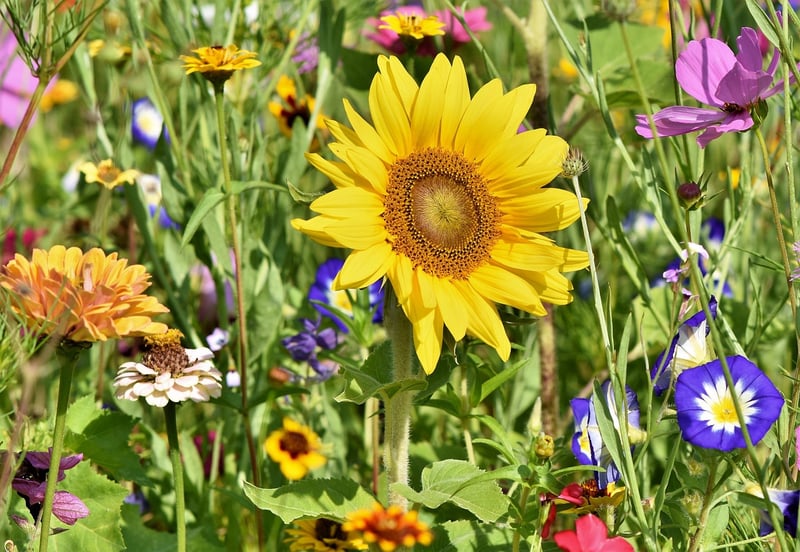Preventive Measures
Protecting Your Plants from Pests: Preventive Measures
One of the biggest challenges that gardeners face is dealing with pests that can damage or destroy their plants. However, there are several preventive measures you can take to protect your plants and keep them healthy. By being proactive and implementing these strategies, you can ensure that your garden thrives and remains pest-free.
1. Choose Resistant Plant Varieties
When planning your garden, opt for plant varieties that are known to be resistant to common pests in your area. Resistant plants are less likely to be attacked, reducing the need for chemical interventions.
2. Practice Crop Rotation
Rotate your crops each season to disrupt pest life cycles. This technique can help prevent the buildup of pests in the soil and reduce the likelihood of infestations.
3. Maintain Good Garden Hygiene
Keep your garden clean and tidy by removing debris, fallen leaves, and weeds regularly. Pests often hide in these areas, so by maintaining good hygiene, you can minimize their presence.
4. Use Natural Predators
Encourage beneficial insects like ladybugs, lacewings, and praying mantises to inhabit your garden. These natural predators feed on common garden pests and help keep their populations in check.
5. Implement Physical Barriers
Use physical barriers such as row covers, netting, or fences to protect your plants from pests like birds, rabbits, and deer. These barriers can be highly effective in preventing damage.
6. Companion Planting
Practice companion planting by growing certain plants together that benefit each other. Some plants can repel pests, attract beneficial insects, or improve soil health, creating a more resilient garden ecosystem.
7. Monitor Your Plants Regularly
Inspect your plants frequently for any signs of pest infestations. Early detection allows you to take action promptly before the problem escalates and causes significant damage.
8. Use Organic Pest Control Methods
Opt for organic pest control methods such as neem oil, diatomaceous earth, or insecticidal soaps. These products are safer for the environment, beneficial insects, and your health compared to synthetic chemicals.
Conclusion
Protecting your plants from pests is essential for a successful and thriving garden. By incorporating these preventive measures into your gardening routine, you can create a sustainable and pest-resistant environment for your plants to flourish.

